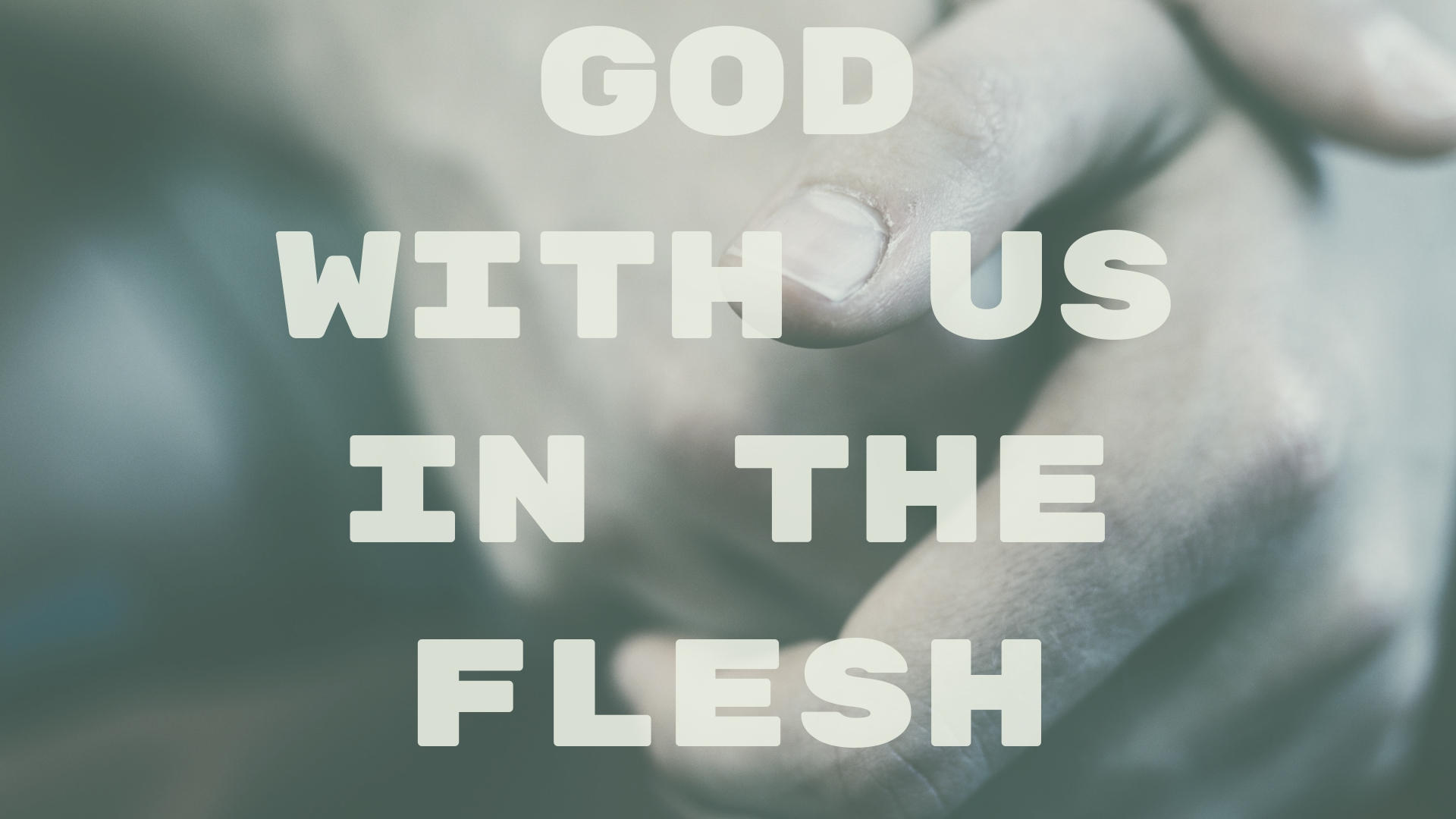This series, “Dear Younger Me…” is based on the wisdom we’ve learned through experience that we wish we could have known earlier. Half-truths definitely fall into this category, and Pastor Aaron started the series by addressing several. This week, we’ll look at two more.

- “God said it. I believe it. That settles it.” When I Googled this phrase, not only did I not have to completely type it out because Google auto-completed it for me, but I also got 6.8 million hits. Turns out it’s so ubiquitous, there’s a whole retail industry jumping on the bandwagon of this sentiment. You can even make your point while your make your dinner!
The primary problem with this sentiment is how it oversimplifies scripture.
Deut. 23:12-14 is rarely preached about these days, but 140 years ago it was highly relevant as churches debated the pros and cons of installing indoor plumbing in their church buildings. Besides being sort of funny to think about, it points to the need to always interpret scripture. And to interpret scripture means to incorporate some details into our lives while laying others aside, depending on what is relevant, helpful, meaningful, etc.
It’s so tempting to believe that we can easily see “what God said” that gives our arguments a final KO punch, but scripture simply does not function that way. Even when we believe that scripture is divinely authored, we also acknowledge that it was penned by people (inspired though they may have been) in a literary and historic milieu which clearly influenced them. When we oversimplify scripture as though it were written in a vacuum, and especially when we pay attention only to passages that support our beliefs, we take the risk of (1) becoming lazy in our engagement with scripture, (2) weaponizing it to harm others, (3) assuming that we are the final authority on what scripture means and how to apply it to all people, at all times.
It would be more helpful if the apron, coffee mug, or bumper sticker read: “God said it, I read it, then thought about it, wrestled with it, did some research, learned several points of view, prayed about it, and now I have an idea of how it ight matter in the world today, but I’m still learning.” But it might not sell many coffee mugs… - “Love the sinner, hate the sin.” This one sounds so right, doesn’t it? What’s interesting is that Jesus never said it. We know that Christ came to save sinners. And we know God so loved the world… But Jesus didn’t say to “love the sinner.” He said, “Love your neighbor as yourself.” He said “Love one another.” He even said, “Love your enemies.” Why would he not add that we should also “hate the sin?”
Probably because Jesus knew human nature even better than we do. The moment we believe we are able to love the sinner while hating the sin, we begin to put ourselves right back on that judgment seat, noticing the speck in our neighbor’s eye while ignoring the 2×4 sticking out of our own faces. That is to say, we give ourselves permission to pass judgment on what other people do, and even more destructively, who people are.
Now, to be sure, the Bible is clear about sin we must denounce: injustice, greed, idolatry, covetousness, etc. The point we’re making here is to not let ourselves fall into the habit of examining others’ sin while ignoring ours. So before we consider what it means to “love the sinner and hate the sin,” let’s start with this saying: “Love your neighbor no matter what — despite the fact that you are a sinner.”
For reflection:
– What are your initial thoughts about these two sayings? Do you agree or disagree that they are “half truths?” What is your reasoning?
– Why do you think it is so tempting to simplify what scripture says, or to read selectively? What challenges does scripture present that most people would rather not face?
– How do you go about showing love to a person whom you believe is making sinful choices, but in a way that does not outwardly condemn that person?
– How do you strike a balance between striving to be Godly, teaching Godliness to your community, while at the same time not passing judgment on people?
In it with you,
MM











